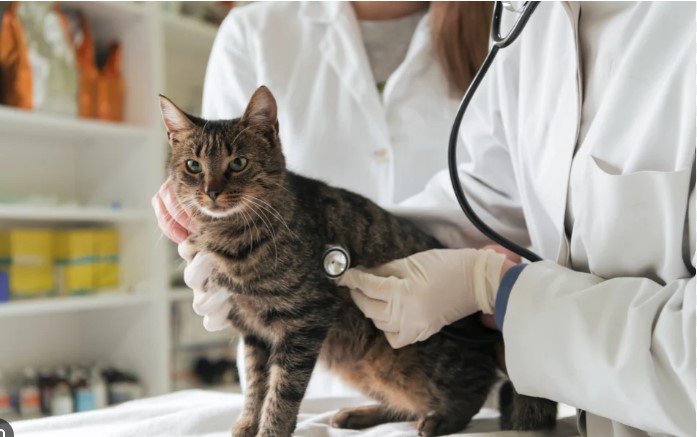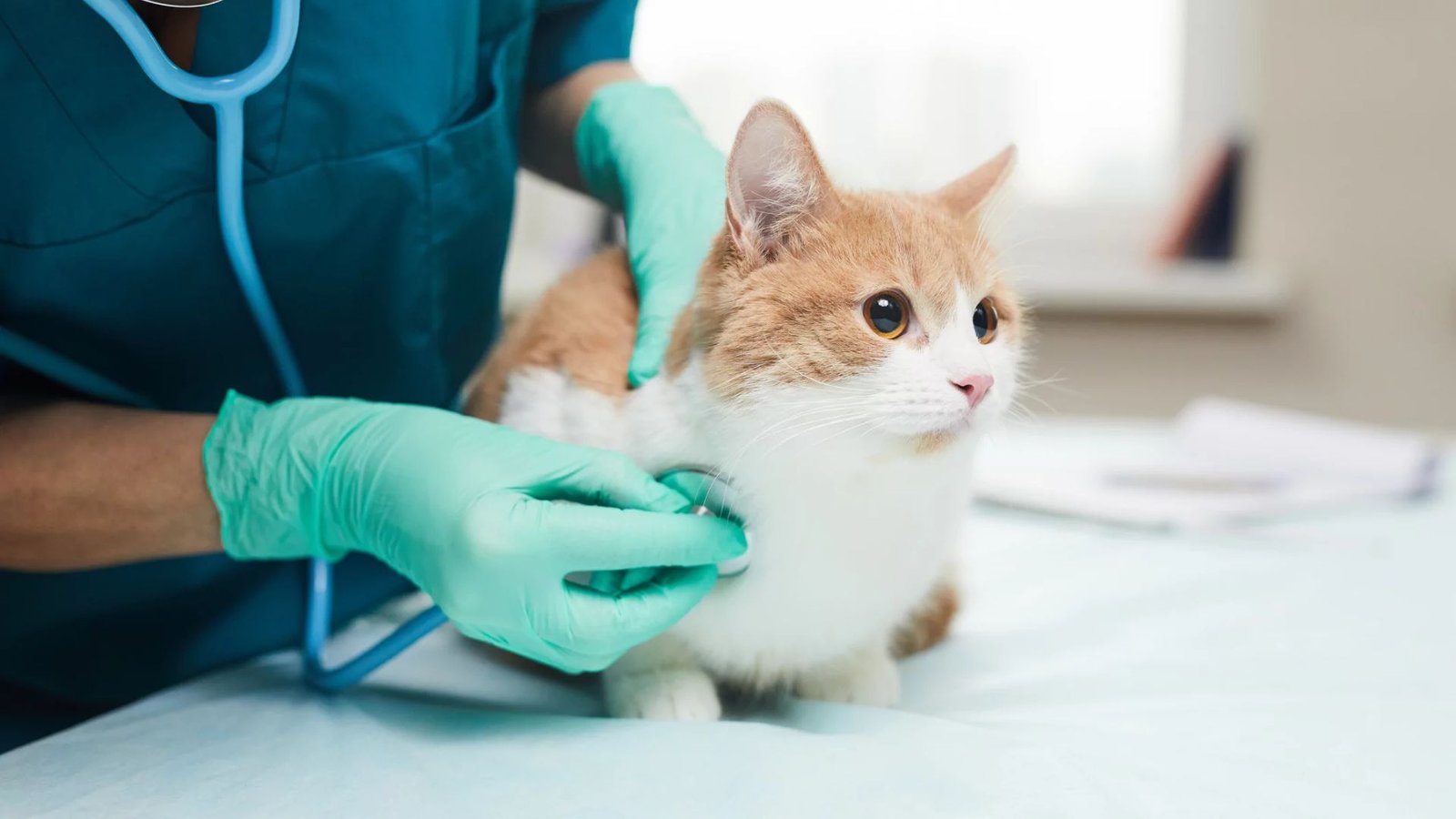As a cat owner, ensuring your feline friend’s health is a top priority. While cats are generally independent and low-maintenance pets, they are still susceptible to a variety of health issues. Common health issues in cats and how to prevent them should be a concern for every responsible pet owner. Early detection and proper care can make all the difference in your cat’s quality of life. In this guide, we’ll explore common health issues in cats and provide preventive measures to keep your cat happy and healthy.

Fleas, Ticks, and Parasites
Fleas, ticks, and other external parasites are common health issues for cats. Fleas cause itching, skin irritation, and even more serious health problems, such as anemia in severe cases. Ticks can transmit diseases like Lyme disease, while intestinal parasites (like worms) can lead to digestive issues.
Prevention Tips:
- Use monthly flea and tick preventatives as recommended by your veterinarian. Spot-on treatments, oral medications, and flea collars can effectively protect your cat.
- Regularly check your cat’s fur for any signs of fleas, ticks, or other parasites, especially if they spend time outdoors.
- Ensure your cat’s environment is clean, vacuuming regularly and washing bedding to remove any fleas or eggs.
By staying proactive with preventive treatments and routine checks, you can keep parasites at bay and ensure your cat remains comfortable and healthy.
Obesity and Weight-Related Issues
Obesity is a common problem in domestic cats, often resulting from overfeeding or lack of exercise. Overweight cats are more prone to developing diabetes, arthritis, and heart disease. Weight management is essential for your cat’s overall health.
Prevention Tips:
- Measure your cat’s food portions to avoid overfeeding. Consult your vet about the right amount of food based on your cat’s age, weight, and activity level.
- Encourage regular exercise by providing interactive toys and opportunities for play. Cats enjoy chasing, climbing, and exploring, so offer activities that keep them moving.
- Avoid giving your cat table scraps or excessive treats. Stick to a balanced diet recommended by your vet.
Maintaining a healthy weight through portion control and active play can significantly reduce the risk of obesity-related health issues.
Dental Problems in Cats
Dental issues are common in cats, with tartar buildup, gum disease, and tooth decay being the most frequent problems. Poor dental hygiene can lead to bad breath, pain, and even infections. Left untreated, dental disease can affect your cat’s overall health, potentially leading to organ problems.
Prevention Tips:
- Regularly brush your cat’s teeth with pet-safe toothpaste. Aim to brush at least a few times a week.
- Provide dental treats or toys designed to reduce tartar buildup.
- Schedule annual dental check-ups with your vet to ensure your cat’s teeth and gums are in good health.
By maintaining your cat’s dental hygiene, you can prevent the discomfort and health complications that come with dental disease.
Conclusion
Understanding common health issues in cats and how to prevent them is key to ensuring a long, healthy life for your pet. Preventing parasites, managing weight, maintaining dental health, addressing urinary issues, and preventing respiratory problems are all essential aspects of cat care. Regular vet visits, a balanced diet, and a clean, safe environment are crucial to your cat’s well-being. By staying proactive and addressing potential health issues early, you can ensure that your cat remains healthy and happy for years to come.





